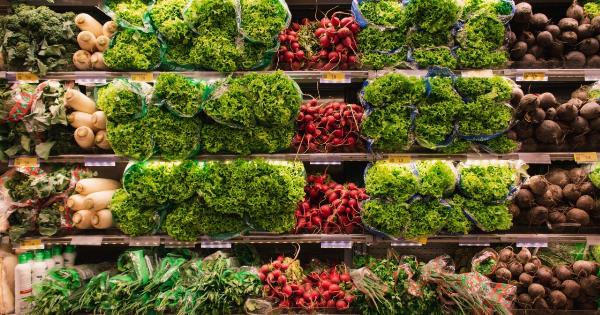Organic products have become increasingly popular over the years, with more and more people opting to choose organic foods over conventional, non-organic options.
While organic produce tends to be the focus of this trend, organic dairy and meat products are also gaining popularity. But are these organic options truly worth the extra cost? Let’s take a closer look at what organic milk and meat really mean and determine if they are worth the extra investment.
What Does “Organic” Mean?
The term “organic” refers to the method of agricultural production and processing that involves using only natural fertilizers and pesticides and avoiding the use of synthetic chemicals, such as herbicides and pesticides.
Organic farming also emphasizes crop rotation and the use of compost and other natural amendments to soil. Organic products are often labeled as “certified organic,” which means that they have been grown, processed, and packaged according to strict guidelines established by the United States Department of Agriculture (USDA).
The Benefits of Organic Dairy
Organic milk comes from cows that are raised on organic pastures and fed organic diets free of antibiotics and growth hormones. This means that the milk produced is free of harmful chemicals and additives commonly found in non-organic milk.
In addition, organic dairy cows are often treated more humanely than non-organic counterparts, which means that the quality of the milk is higher. Organic milk also tends to contain more omega-3 fatty acids, which have been shown to have numerous health benefits, including improved heart health and reduced inflammation.
Why You Should Consider Organic Meat
Organic meat, like organic dairy products, is free of additives like antibiotics and growth hormones, making it a healthier option overall.
Additionally, organic meat comes from animals that are raised on organic diets and are free to graze on organic pastures. This free-range lifestyle often results in better-tasting meat with a healthier fat content. Organic meat also contains fewer toxins and chemicals than non-organic meat, which can make it a safer choice for consumers.
What About the Cost?
The biggest downside to choosing organic products is often the cost. Organic dairy and meat products tend to be more expensive than non-organic options.
This is because the cost of producing organic products is often higher due to the use of natural fertilizers and pesticides, as well as the cost of certification and regulation by organizations like the USDA. However, the cost difference may be offset by the potential health benefits of choosing organic products.
The Verdict
So, is organic milk and meat worth the extra cost? Ultimately, it depends on your priorities and budget.
If you prioritize eating healthy, minimally processed foods, and have the budget to support it, then investing in organic milk and meat may be a good choice for you. However, if you are on a tight budget and can only afford conventional meat and dairy products, you can still ensure that you are making healthy choices by choosing lean cuts of meat and low-fat dairy products.
Final Thoughts
Organic milk and meat products do offer some benefits over non-organic options. They are free of harmful additives and chemicals, and animals are generally treated more humanely in organic farming practices.
However, the cost of organic products may be a barrier for some consumers. Ultimately, it is up to each individual to weigh the pros and cons of organic products and determine what is best for their budget and lifestyle.
























